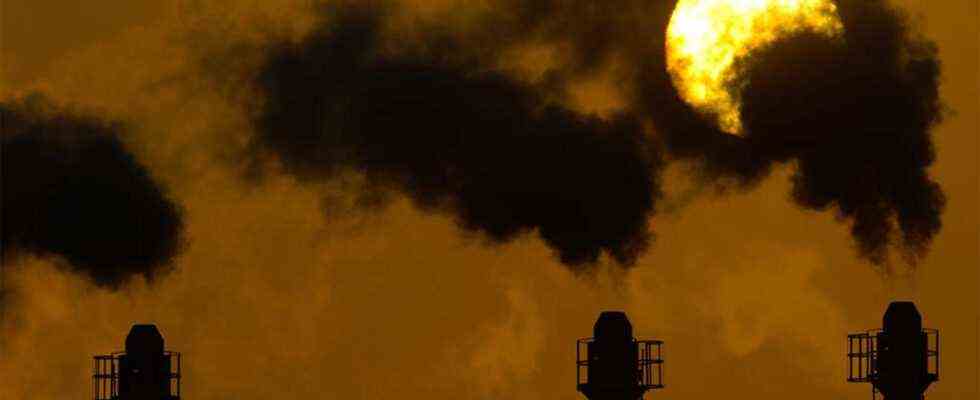background
Status: 10/15/2021 11:51 a.m.
Raise the CO2 price? Expand renewable energies? Prohibit combustion cars? Climate protection is one of the greatest tasks of a new government. Where the explorers are likely to agree – and where not.
The CO2 price
For those who emit a lot of CO2, it should become more expensive. This should motivate people to switch to climate-friendly technology – to e-cars, for example, or to climate-friendly heating. All three traffic light parties think this basic idea of the CO2 price is good and correct. The SPD even introduced the CO2 price. Only: how high should it be? It should crunch there.
The Greens want it to rise faster than previously planned. And the FDP could probably go along with it – for them, the CO2 price is even the central instrument in climate protection. However, the liberals do not want the state to determine how high the CO2 price is, as has been the case in the past. The market should regulate how quickly petrol or heating with oil and gas become more expensive. Then the price of CO2 could rise abruptly and the state would have less control over it. Above all, the SPD should be scared. She fears the social consequences.
Social balance
All three parties want to relieve consumers of energy costs. Electricity should become cheaper. For example, the EEG surcharge could be omitted. The Greens and the FDP are also in favor of the state repaying much of the money it earns through the CO2 price to the citizens with a kind of climate check. That could dampen the price of CO2 socially. And those who behave in a climate-friendly manner could, on balance, even have more money in their pockets.
The SPD is also open to such relief. The problem is: If the state does not keep the income from the CO2 price, but distributes it completely back to the citizens, a state source of money dries up. And the SPD and the Greens want to spend significantly more money elsewhere on climate protection – for example, for promoting the railways. Then where is that supposed to come from? Especially when the FDP sticks to its demand that there should be no new debts?
The coal exit
Expand wind power and solar more quickly – there should be little dispute in the negotiations. In the case of the coal phase-out, it was earlier. Get out of the coal faster, not until 2038 – that was a central demand of the Greens in the election campaign. But they also know: If the state officially preferred the coal compromise, it would probably have to pay more compensation to the coal companies. And because of the Europe-wide CO2 price, German coal-fired power plants will probably go offline well before 2038 anyway – simply because coal no longer pays off. So maybe the coal isn’t all that controversial.
Traffic
At the speed limit on motorways, the three of them hardly come together. It would be extremely difficult for the FDP to explain if it suddenly came along with what it has so loudly rejected so far. The FDP will also want to prevent a national ban on combustion with a year, as the Greens are calling for. One way out could be Europe: If in the end it is the EU that bans the registration of classic combustion cars – the Commission has proposed from 2035 – then the FDP could say that it was not up to them. And the Greens would still have their burners ban.
Climate Protection Ministry
The Greens want it, the other two are likely to be concerned that it will become too powerful. Whether a climate protection ministry comes and how much it is allowed to decide will depend very much on how power and ministries are otherwise distributed.

